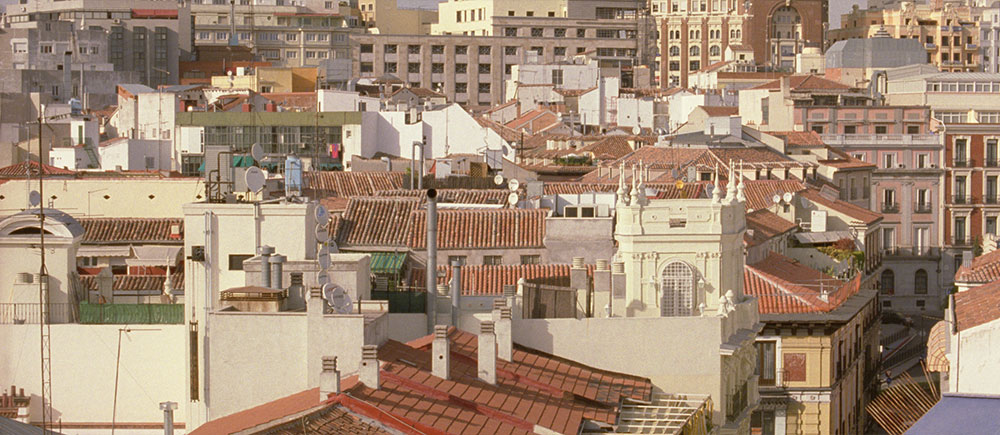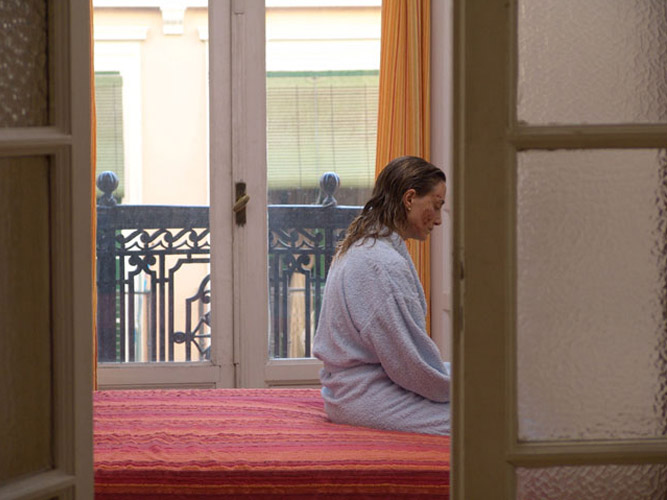

Solitary Fragments
Jaime Rosales
2007
Synopsis
Thirty-five-year-old single mother Adela leaves behind her small town setting and moves to Madrid. She takes an unfulfilling but adequate job to support her new life, in which everything is centered around her infant son. A terrorist attack on a bus will shatter her life and she will have to eventually accept returning to a new daily routine… Antonia owns a small supermarket.
The handsome widow leads a quiet life centered around work, her boyfriend Manolo and her beloved daughters, Ines, Nieves and Helena. The already tense relationship between the three daughters is further complicated when Helena asks to borrow money from her mother to buy a new flat.
Two women, two stories.
TECHNICAL DATA
Original title: LA SOLEDAD
Year: 2007
Director: Jaime Rosales
Production countries: España
Format: 35mm, color
Length: 130 min
Lenguage: Spanish
Shooting Locations: Madrid and León (Spain)
Production Companies:
Fresdeval Films (Spain)
Wanda Vision (Spain)
In Vitro Films (Spain)
With the participation of:
Con la participación de:
ICAA (Ministerio de Cultura)
ICO (Instituto de Crédito Oficial)
RTVE (Televisión Española)
ICEC (Generalitat de Catalunya)
TVC (Televisió de Catalunya)
MEDIA
International Sales: The Match Factory
Spanish distributora: Wanda Vision
WORLD PREMIERE
Un Certain Regard.
IFF Cannes 2007
SPANISH PREMIERE
June 1st, 2007
SPANISH ACADEMY GOYA AWARDS 2008
Best Film, Best Director (Jaime Rosales) and Best Breakthrough Performance, Actor (José Luis Torrijo)
2007
IFF Cannes, Un certain regard
IFF Edimburg, Official Selection
IFF Bruselas, Official Selection
IFF Haifa, Official Selection
IFF Toulouse, Official Selection
IFF San Sebastián, Made in Spain
IFF Pusan, Official Selection
IFF Quito, Official Selection: Critic’s Award
IFF Tesalónica, Official Selection
2008
Cinema Writers Circle Awards, Spain: Best Director (Jaime Rosales)
Fotograma de Plata Award: Best Film
Award of the Spanish Actors Union: Best Lead Performance, Actress (Petra Martínez) and Best Breakthrough Performance, Actress (Sonia Almarcha) in film category
Sant Jordi Awards: Best Film
IFF Verona: Rosa d’oro Schermi d’Amore
Calzedonia Award: Mejor Película
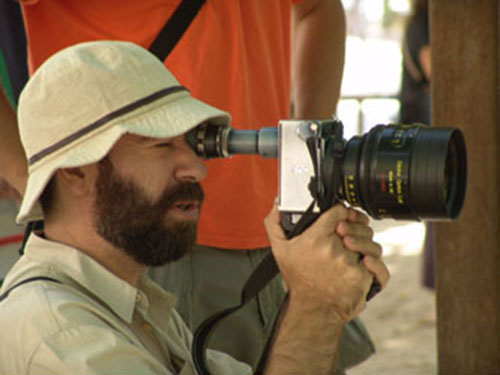

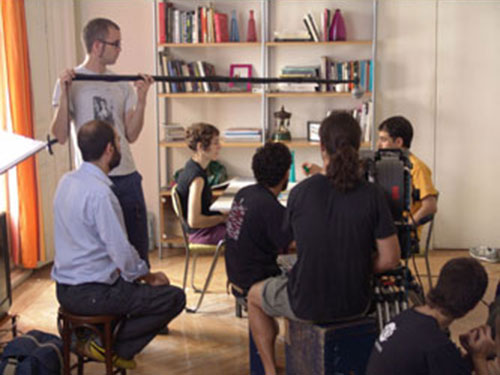

ADELA: Sonia Almarcha
ANTONIA: Petra Martínez
INÉS: Miriam Correa
NIEVES: Nuria Mencía
HELENA: María Bazán
MANOLO: Jesús Cracio
CARLOS: Luis Villanueva
ALBERTO: Luis Bermejo
PADRE: Juan Margallo
PEDRO: José Luis Torrijo
MIRIAM: Carmen Rodríguez
Director: Jaime Rosales
Screenplay: Jaime Rosales, Enric Rufas
Producers: Jaime Rosales, Ricard Figueras, José María Morales
Executive Producer: María José Díez
Director of Photography: Óscar Durán
Art Director: Ion Arretxe
Casting Director: Sara Bilbatual
1st Assistant Director: Javier Petit
Costume Designer: Eva Valiño
Sound: Nino Martínez
Editor: Pelayo Gutiérrez
Sound Editing: Nacho Royo-Villanova
Mixer: Carlos Garrido
Graphic Design: Manuel Estrada
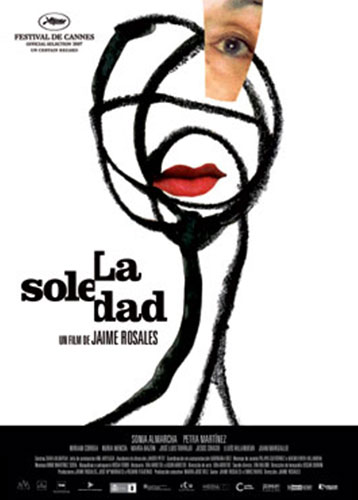

OFICIAL TRAILER
"I am interested in human relations. The strange way we treat each other fascinates me."
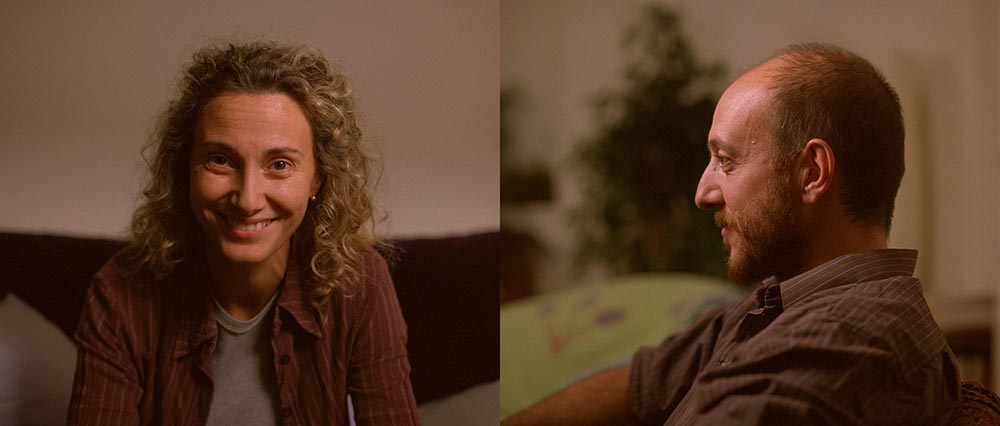

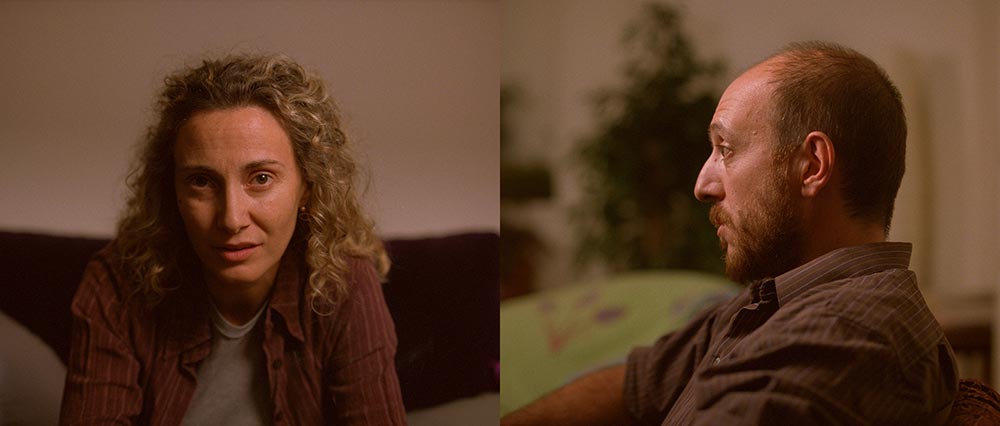

Director's note
Jaime Rosales
"A film director has a duty to add other dimensions to his work. Creating cinema involves new ways of perceiving things."
It all started with a diffuse feeling about life; about the world around us; about how we relate to each other. That feeling turned into the need to make a film. A need to share with an audience certain concerns and some anguish as well. Death is somehow at the heart of that anguish.
We are designed both to suffer and to overcome suffering. We are beings both sensitive and tough, although in the end, our toughness is greater than our sensitivity. The film portrays vulnerable moments in the lives of the characters. In the end, life continues its course over time.
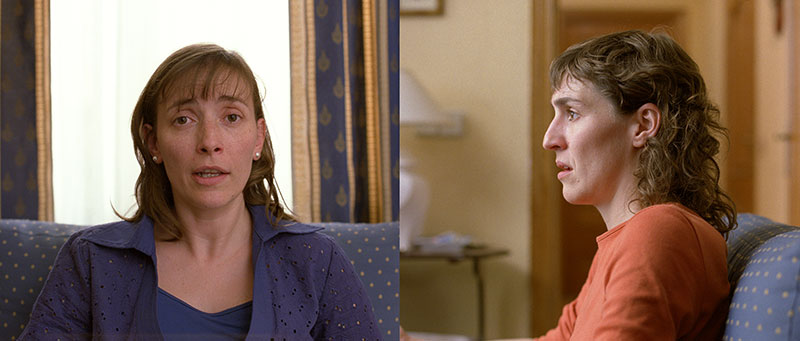

I am interested in human relations. The strange way we treat each other fascinates me. We joke about serious matters. We hide our intentions in order to deceive others and in doing so, we end up more confused than we were already. We can come to hate the people who love us the most. We give a great deal of importance to money. Money is at the heart of most our actions and conversations.
In general, I believe we are driven by good intentions towards ones and others. Unfortunately, we are not always willing to show what we truly think or feel.
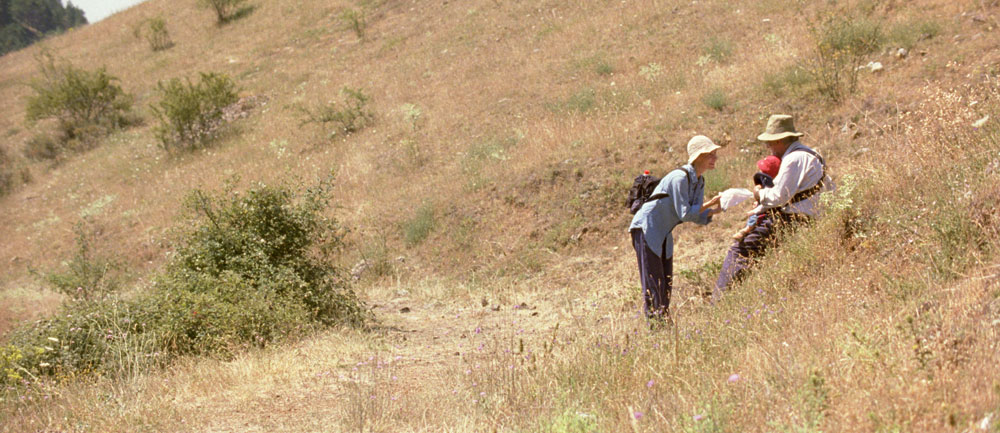

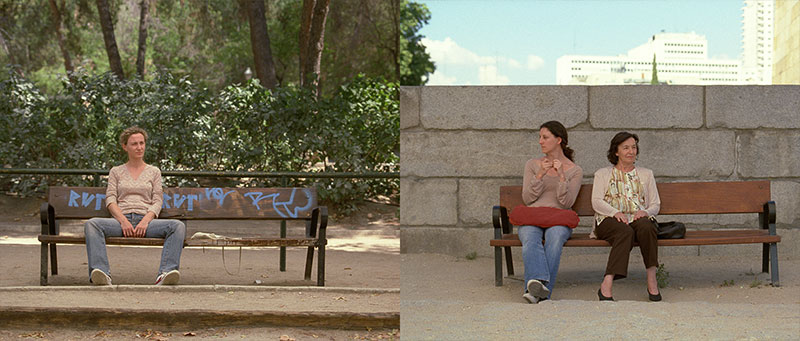

We are used to films telling a story. This film tells the story of two women: Antonia and Adela. The plot unfolds as things happen to each of them.
The emotions arising from what they do and how they relate to the characters around them form the heart of the film.
But, from my point of view, making a film is not only weaving a story by using audiovisual technology. While holding onto the pleasure gained from the story, a film director has a duty to add other dimensions to his work. Creating cinema involves new ways of perceiving things. Finding new ways of showing images or linking images. That is where polyvision comes in.
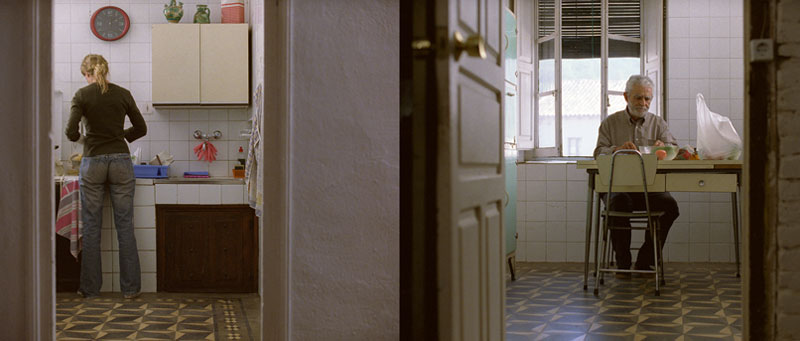

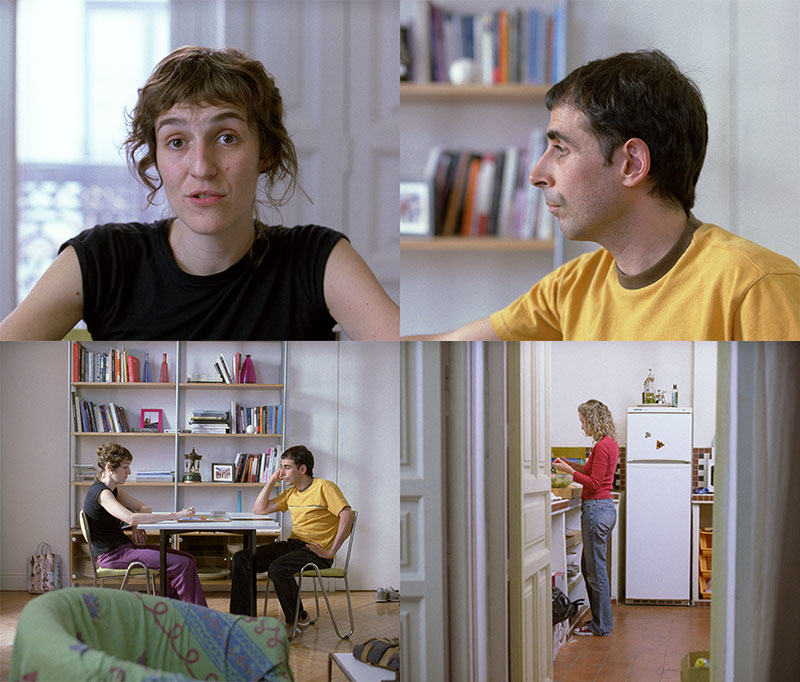

Polyvision
Polyvision means dividing the screen (in CinemaScope format) into two equal halves. Each half of the screen shows a different perspective on the same scene. The same space may be seen from two different angles (such as a conversation in a kitchen seen from two different positions). Or two fragments of a wider scene can be seen from two different positions (such as the dining room and living room in an apartment, with people coming and going from one to another).
The point of using polyvision is to create a homogenous code made up of a set of rules in order to offer a perception system different from a natural format. The challenge has been to achieve a certain break with natural reading, and at the same time, not interfere with the emotions displayed by the story and the characters of the film. About 30% of the total footage were shot in polyvision.
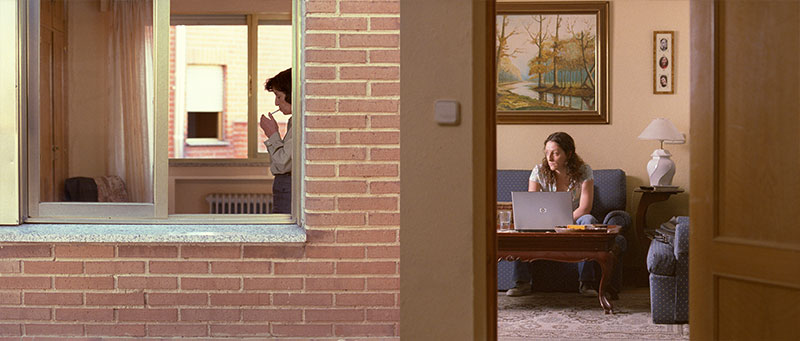

Comments from Sonia Almarcha
Adela
Adela is a brave, decisive woman committed to changing her life. Motherless herself, she is a mother who loves her son and won’t settle for less than she deserves. She is a solitary woman of few words. A woman who is not frightened by silence; she is comfortable with it. I think I understand her well– her enthusiasm for life, her love for her son, her self-assurance.
I won’t settle for just anything either. If I don’t like something and I don’t feel good, I do something about it. I look for alternatives. Like her, I am committed to getting on with things, although in her circumstances, I don’t know if I would have her strength. Before rehearsals began, I had marked several scenes that frightened me considerably. They were scenes that required delicacy in the telling, where just the right balance had to be struck—not too much or too little. Since I finished the film, I’ve realized that aside from how it works out in the end, I feel quite satisfied with what I experienced. I feel I did it all with a great deal of love and dedication, and that’s something I can hold onto.
Nota de Petra Martínez
Antonia
When I read the screenplay, I felt very moved in many moments and I also wondered many things about myself. The stories it tells are very believable situations, misfortunes that happen in real life. The character of Antonia is an ordinary person; someone you could cross paths with on the street where you live. I’d say she is so ordinary that something about her feels familiar to you.
To me, Antonia is the synthesis of a mother. She does everything for her daughters, suffers in silence, worries about each of them, and is always available. I understand her love for her children very well. It’s something I clearly identify with. Jaime’s unique way of working and the way he tells stories is what I think will make this a very special film. I think the audience will feel very touched at some points. At others, they’ll watch the action with more distance. That will certainly make them take a colder look at what they are seeing.
